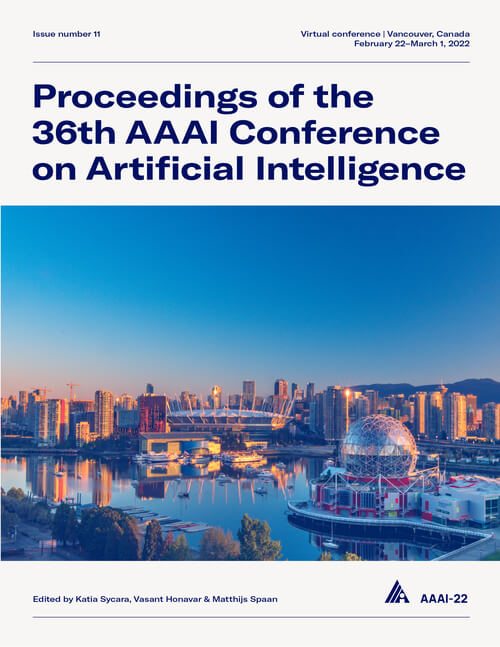MLink: Linking Black-Box Models for Collaborative Multi-Model Inference
DOI:
https://doi.org/10.1609/aaai.v36i9.21180Keywords:
Multiagent Systems (MAS)Abstract
The cost efficiency of model inference is critical to real-world machine learning (ML) applications, especially for delay-sensitive tasks and resource-limited devices. A typical dilemma is: in order to provide complex intelligent services (e.g. smart city), we need inference results of multiple ML models, but the cost budget (e.g. GPU memory) is not enough to run all of them. In this work, we study underlying relationships among black-box ML models and propose a novel learning task: model linking. Model linking aims to bridge the knowledge of different black-box models by learning mappings (dubbed model links) between their output spaces. Based on model links, we developed a scheduling algorithm, named MLink. Through collaborative multi-model inference enabled by model links, MLink can improve the accuracy of obtained inference results under the cost budget. We evaluated MLink on a multi-modal dataset with seven different ML models and two real-world video analytics systems with six ML models and 3,264 hours of video. Experimental results show that our proposed model links can be effectively built among various black-box models. Under the budget of GPU memory, MLink can save 66.7% inference computations while preserving 94% inference accuracy, which outperforms multi-task learning, deep reinforcement learning-based scheduler and frame filtering baselines.Downloads
Published
2022-06-28
How to Cite
Yuan, M., Zhang, L., & Li, X.-Y. (2022). MLink: Linking Black-Box Models for Collaborative Multi-Model Inference. Proceedings of the AAAI Conference on Artificial Intelligence, 36(9), 9475-9483. https://doi.org/10.1609/aaai.v36i9.21180
Issue
Section
AAAI Technical Track on Multiagent Systems

